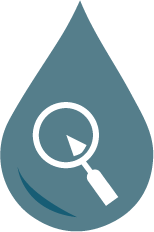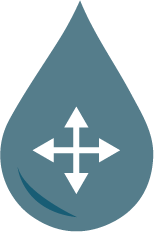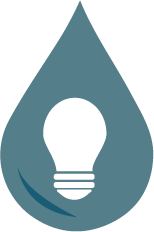APPLYING SCIENCE TO HELP COMMUNITIES PREPARE FOR AN UNCERTAIN FUTURE
The Water Institute is an independent, non-profit, applied research institution advancing science and developing integrated methods to solve complex environmental and societal challenges. We believe in and strive for more resilient and equitable communities, sustainable environments, and thriving economies.
VISIT OUR ABOUT PAGEINTEGRATED SCIENCE FOR DECISION SUPPORT
Coastal regions are confronting complex, diverse, and interconnected challenges, including the impacts of sea-level rise, land loss, subsidence, environmental degradation, and increases in storm frequency and intensity. Communities, businesses, ecosystems, and essential infrastructure in these regions are facing substantial and growing hazards and risks. The Water Institute works to provide the best available science and decision making support to enable stakeholders to analyze, manage, and reduce risks.
Community Resilience Center at The Water Institute
The Community Resilience Center at The Water Institute (Center) works with partners, stakeholders, and local communities to enhance and expand climate resilience equitably among individuals and communities in the northern Gulf of Mexico.
The work helps communities move beyond assessment and study of risk towards an exploration of strategies that can be implemented across individual, neighborhood, municipal, state, and federal levels.


